March 18, 2026, 12:00 to 1:00 EDT
Register HERE
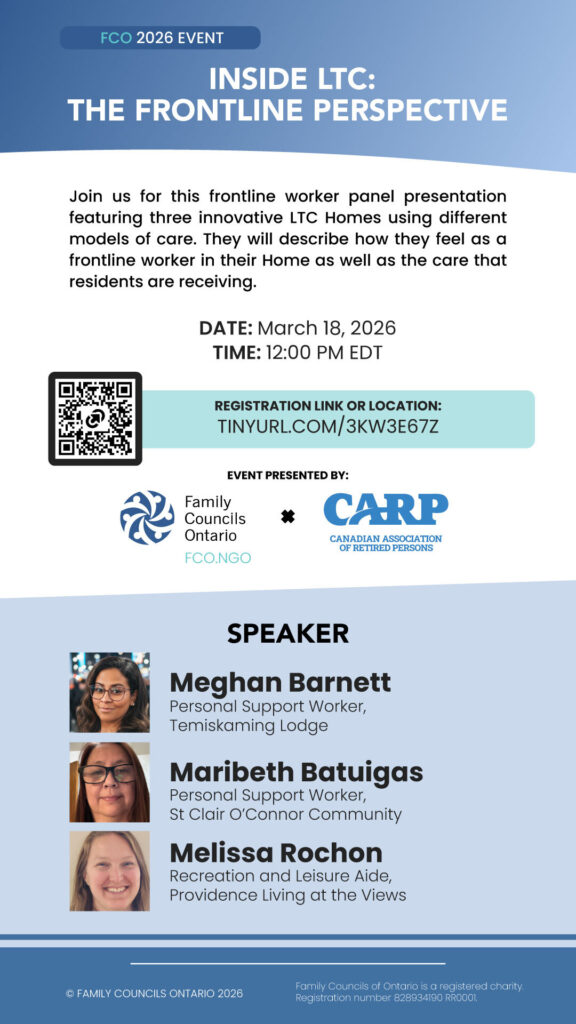
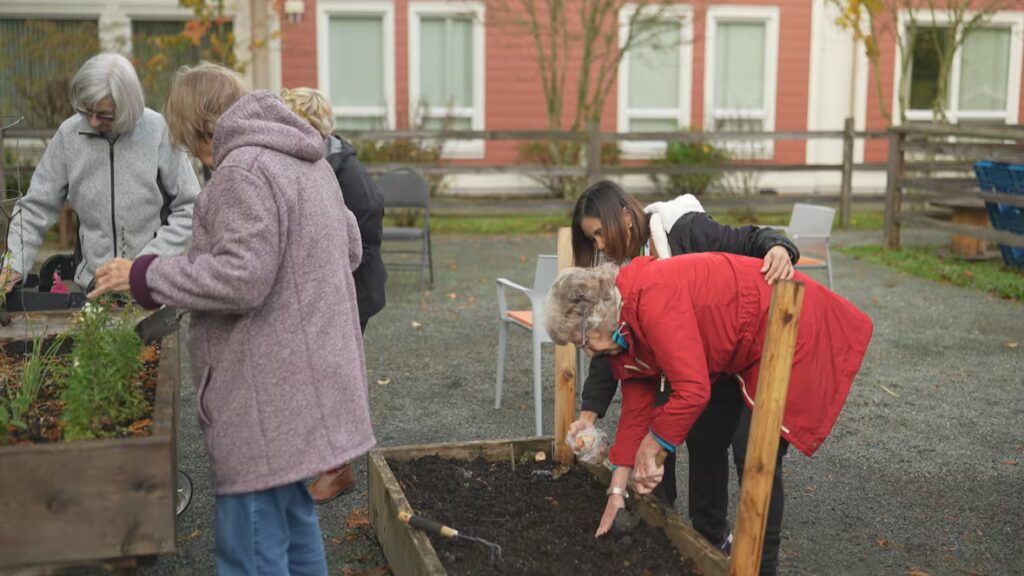 Residents and day-program participants at Langley Village (Dillon Hodgin/CBC)
Residents and day-program participants at Langley Village (Dillon Hodgin/CBC)
It is worth taking note of a CBC News article by reporters Shaurya Kshatri and Yasmine Ghania, December 26th, 2025: “Inside a B.C. ‘dementia village’ that researchers hope could reshape long-term care”.
Langley Village opened in 2019 and about 75 residents live full time at The Village Langley in its six cottage-style homes.
“The Village is now part of a new research project led by Simon Fraser University (SFU) in B.C. and McMaster University in Hamilton, Ont., which aims to understand what this kind of setting actually does for people with dementia and find ways to replicate some of its elements across the country.”
“The research team’s goal is to provide evidence that can inform future policy to promote and implement innovative approaches in long-term care that will create a normalized and naturally rich, supportive care community,” says SFU Professor Chaudhury.
We look forward to learning from the findings of their research.
Click here to read the full article –
Webinar Recording Now Available.
Thank you to everyone who joined us for our Dec 10 webinar, “Citizenship and Wellbeing in Long-Term Care”. If you weren’t able to attend live—or would like to revisit the discussion—you can watch the full recording below.
Presenters: Reanne Evans, Neighbourhood Manager and Person-Directed Lead, Tideview Terrace, Digby, NS
Debra Boudrea, CEO, Tideview Terrace
Ariel Rice, Neighbourhood Manager and Enrichment Lead, Tideview Terrace
Listen to recording here
For more past webinars and recordings, visit our Webinars page.

What if a long-term care home felt like…….home?
Not an institution
Not a schedule
Not a number
Just home.
That’s how the Green House model works, as do other innovative models of care. Ontario deserves this. Our elders deserve this.
Contact your MPP to advocate to make this happen.
‘Institutions to homes’ – check out our website www.changeltcnow.ca.

The journey of Sunnyside Adventist Care Centre in Saskatoon from “institution to home” started nine years ago and continues to this day!
In the beginning, when Sunnyside decided to change into the Eden Alternative Care model, they focused on trying to maintain consistent staffing. Building relationships between staff and residents was key to making the change happen. The staff realized that they needed to spend time “listening” to their residents and stop focussing so much on tasks.
They renamed their “wings” to neighborhoods and gave them recognizable names that would mean something to the residents and staff. The names Diefenbaker, Riverview, and Prairie Land were used based on name recognition and views of the outdoors. Then they removed the nursing station! This transition was not easy for staff, but the change provided more space for gathering spaces and started to make Sunnyside look like a home! Changing signage, adding lounges, artwork, creating a spa-like tub room all contributed to this feeling of “home”.
With assistance from Montgomery Sisam, architects, Sunnyside is working on a Master Plan to modernize and expand spaces so that every resident enjoys more autonomy, privacy and belonging.
To read more, click here: Sunnyside A Little Bit of our StoryOct 2025

It Takes a Whole Team: Success Stories from the Butterfly Approach
Presenters: Sally Knocker & Lindsay Marinovic
Date: October 15, 2025

Canadian Association of Retired Persons (CARP) congratulates the Ontario Government on its $9 million investment for Dementia Care in long-term care homes.
“This initiative could be a game changer and is an important step forward in building a stronger, more compassionate long-term care home system” notes Kathy Wright, Chair of CARP’s Advocacy Working Group on Long-Term Care. “As advocates for seniors and their families, we welcome this targeted investment in emotion-based care.” Read more:

Canadian Association of Retired Persons (CARP) congratulates the Ontario Government on its $9 million investment for Dementia Care in long-term care homes.
“This initiative could be a game changer and is an important step forward in building a stronger, more compassionate long-term care home system” notes Kathy Wright, Chair of CARP’s Advocacy Working Group on Long-Term Care. “As advocates for seniors and their families, we welcome this targeted investment in emotion-based care.” Read more:
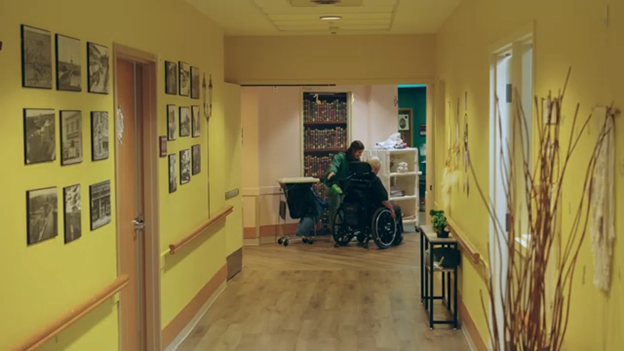
Mike Blackmore, Director of Long Term Care, Miramichi Lodge in Pembroke, provides an introduction in this short video clip (under 9 minutes) to the inspirational journey including the accreditation of the Lodge in implementing the Butterfly Approach to Care. Please take the time to watch it – click here:

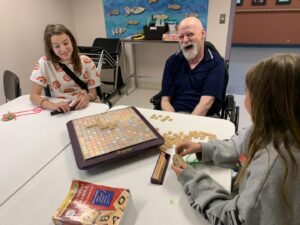
 I
I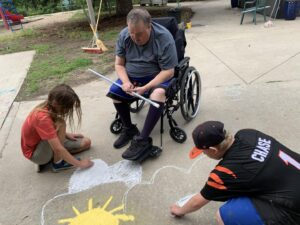 Imagine sending your child to a summer day camp at Sherbrooke Village LTC Home in Saskatoon! Camp Generate is a unique summer camp for children 10-12 years of age. This camp gives kids the chance to develop confidence, leadership and caregiving skills by getting to know Sherbrooke residents and taking part in fun activities with them. These activities include creating a carnival, gardening, art projects, games, and every day a show and tell with residents.
Imagine sending your child to a summer day camp at Sherbrooke Village LTC Home in Saskatoon! Camp Generate is a unique summer camp for children 10-12 years of age. This camp gives kids the chance to develop confidence, leadership and caregiving skills by getting to know Sherbrooke residents and taking part in fun activities with them. These activities include creating a carnival, gardening, art projects, games, and every day a show and tell with residents.
Camp Generate is part of Sherbrooke’s commitment to intergenerational learning, which includes the Grade 6 iGen program. iGen is designed to provide close and continuing contact between Elders in long-term care and grade six students from across Saskatoon over the period of one school year.
To learn more about this exciting program and the wonderful outcomes that occur for both students and residents click here
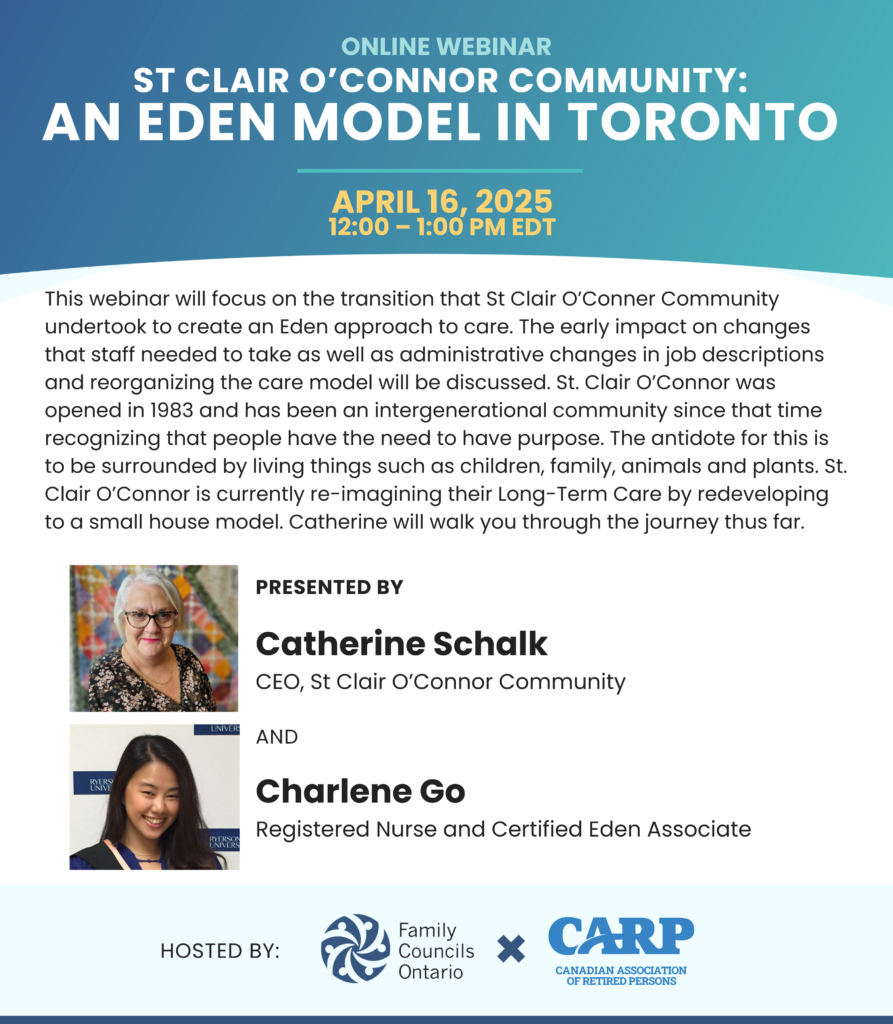
For full recording click here

For full recording, click here